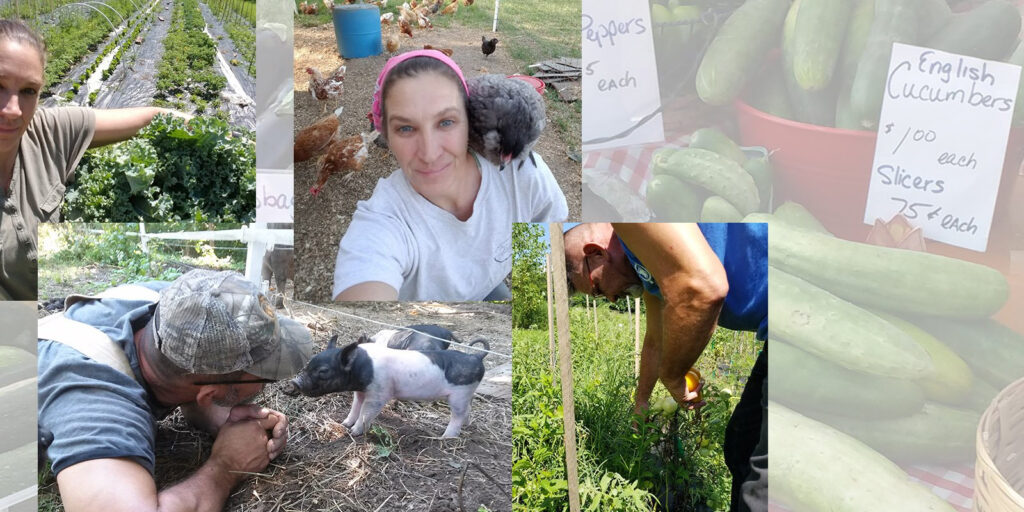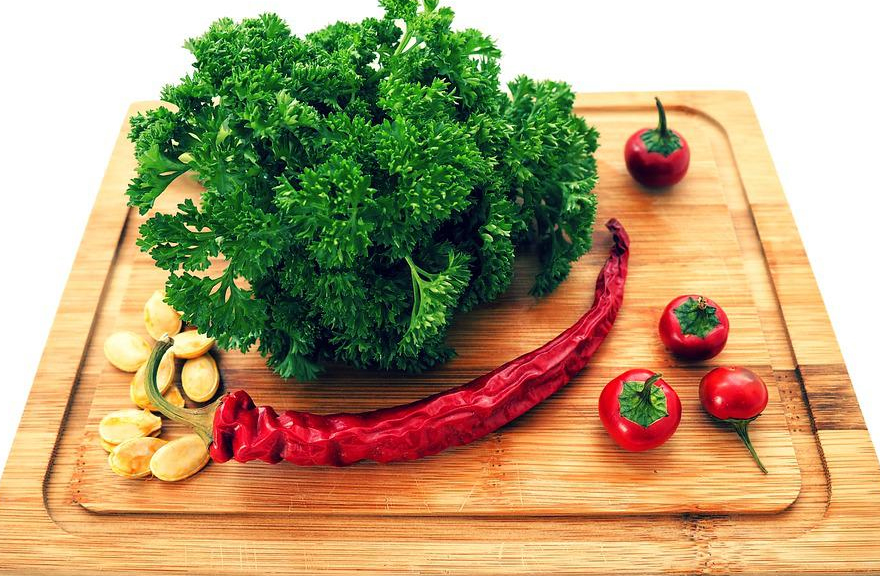Coronavirus Could Usher In A New Era Of Local, Sustainable Eating.
Karin Velez counts herself lucky. Wolf Creek Family Farm, which she runs with her husband in Peculiar, Missouri, had a website, a Facebook page, and an Instagram presence before the coronavirus pandemic hit. When the largest of the five farmers markets where they sell their goods announced it was delaying its opening by several weeks, she was able to pivot to online sales within just a few days, and quickly publicize the change to her regular customers.

“It took me about three days of around-the-clock work,” she said. But for her friends at neighboring farms, it hasn’t been such a smooth transition. “I designed our website, I have experience in these types of things. I’ve had other farmers contact me and say, ‘Can you help me? Because I’m lost.’”

The pivot was necessary, and well-timed: Wolf Creek had a surplus of food but nowhere to sell it as farmers markets delayed opening. But since setting up shop online, she’s seen orders roll in.

Velez now hand-delivers her CSA boxes and online orders rather than make her customers, many of them elderly, drive out to the farm. “Leave a cooler on the door, I’ll drop it in there, and you can wave from the window,” she tells them. But that extra delivery time takes her away from the work that still needs to be done on the farm, where she and her husband pull 12-hour, even 15-hour, days in preparation for when farmers markets, deemed essential in places like Kansas City, do eventually open.

The coronavirus pandemic has ushered in a fresh wave of interest in local food as consumers are confronted by the apparent shakiness of the global food supply chain. And this trend is offering a lifeline to many small farms across the country that are learning to adapt as their normal revenue streams run dry.
Local farming, like everything else, has changed dramatically during the pandemic. Farmers markets are delaying their opening dates ― and many of those that are open are seeing visitor numbers plummet. Meanwhile the traditional middlemen of farm-to-table restaurants have been suddenly cut out of the equation. And this disruption has come at a critical time.

Local farming, like everything else, has changed dramatically during the pandemic. Farmers markets are delaying their opening dates ― and many of those that are open are seeing visitor numbers plummet. Meanwhile the traditional middlemen of farm-to-table restaurants have been suddenly cut out of the equation. And this disruption has come at a critical time.
“We were at the point, prior to this pandemic, where 50% or more of meals were consumed away from the home,” said Emily Broad Leib, the director of the Harvard Law School Food Law and Policy Clinic. Now, she said, people are relying almost entirely on home-cooked meals and grocery stores. Crowded stores and empty shelves have pushed some customers away from big box stores and towards their local farm produce. And then there’s the health concerns that come with buying produce that’s been passed around from farm to delivery truck to shelf stocker to fellow shoppers.

source : www.huffpost.com


